
BioBehavioral Lab

Natalie Shook, Ph.D.
Director
natalie.shook@uconn.edu

Meredith Kuzel, MS
Laboratory Manager
meredith.kuzel@uconn.edu

Stephen Wetherell
Laboratory Technician
stephen.wetherell@uconn.edu
Location
Campus Address
Mailing Address
Storrs, CT 06269
Instrumentation
Quantative Sensory Equipment
- Algomed Computerized Pressure Algometer
- Medoc Pathway
- Medoc TSA II
- Neurometer (neuroslective sensory nerve conduction threshold)
- Weighted Probes (tips between 8mm - 512m)
Participant Sample Collection and Physical Exam Space
- Private blood collection area
- Biospecimen collection space
- Sit-&-Reach Table and Tanita Scale
- Large Space for Movement Based Intervention
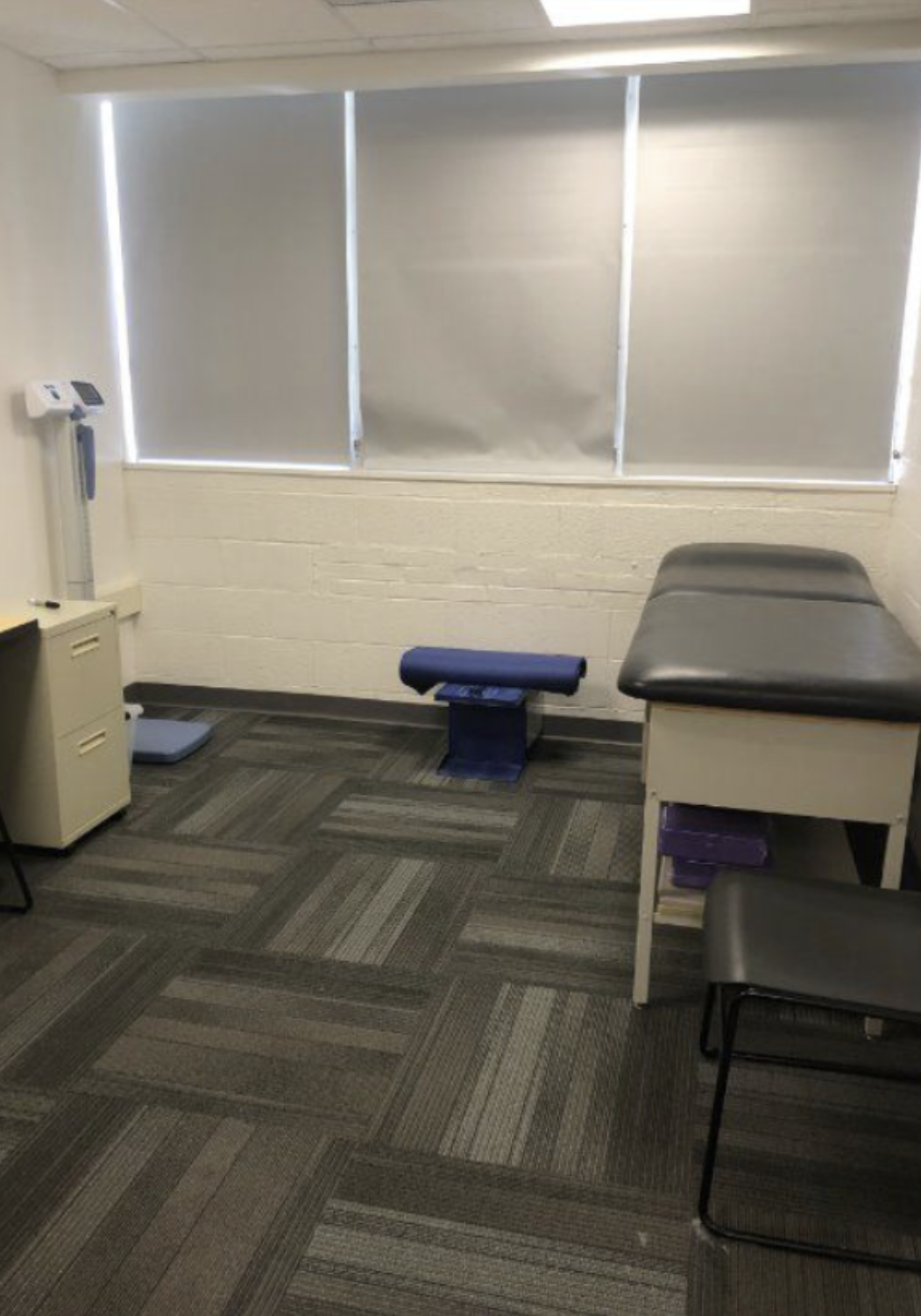
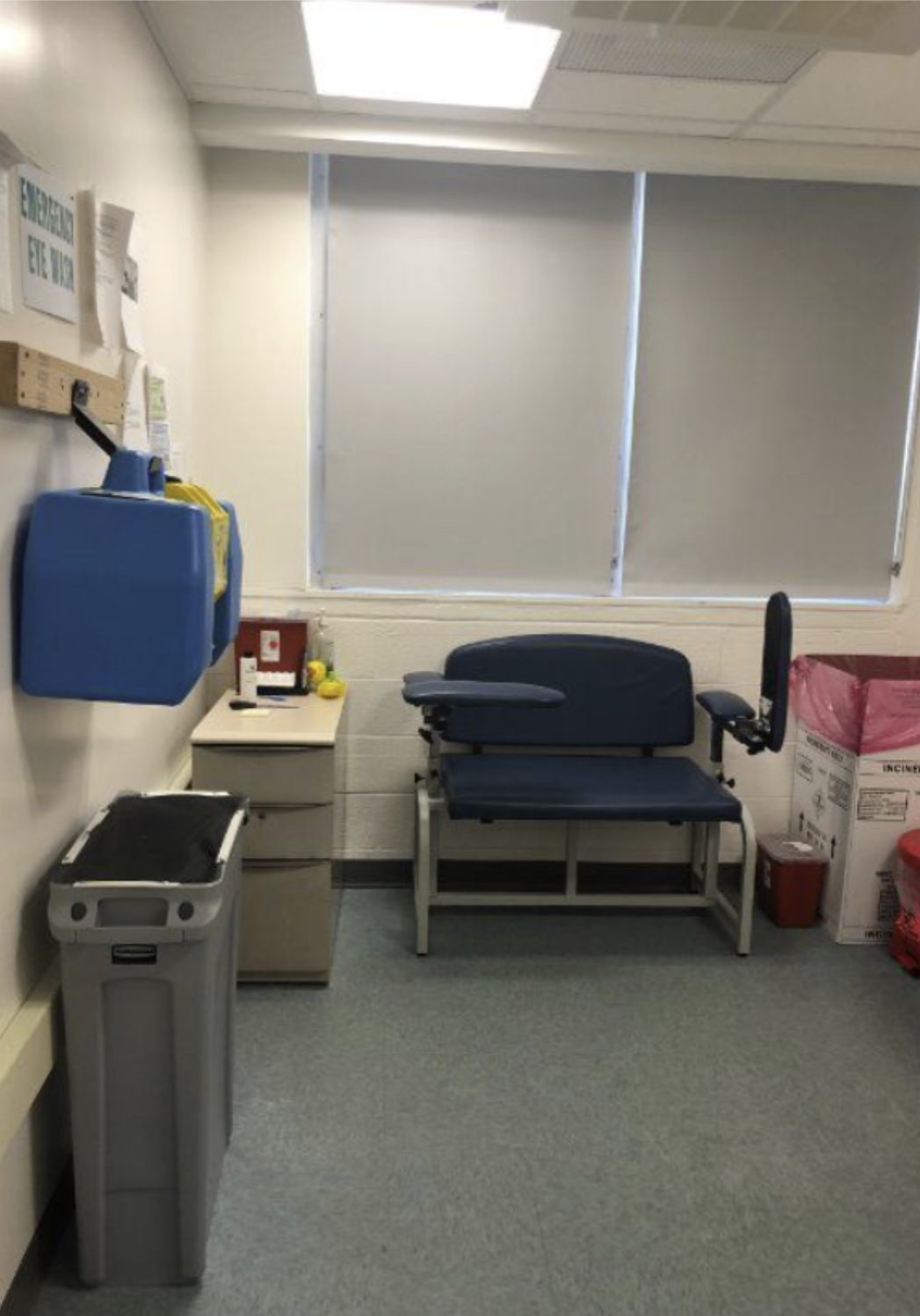
Beach Hall Instrumentation
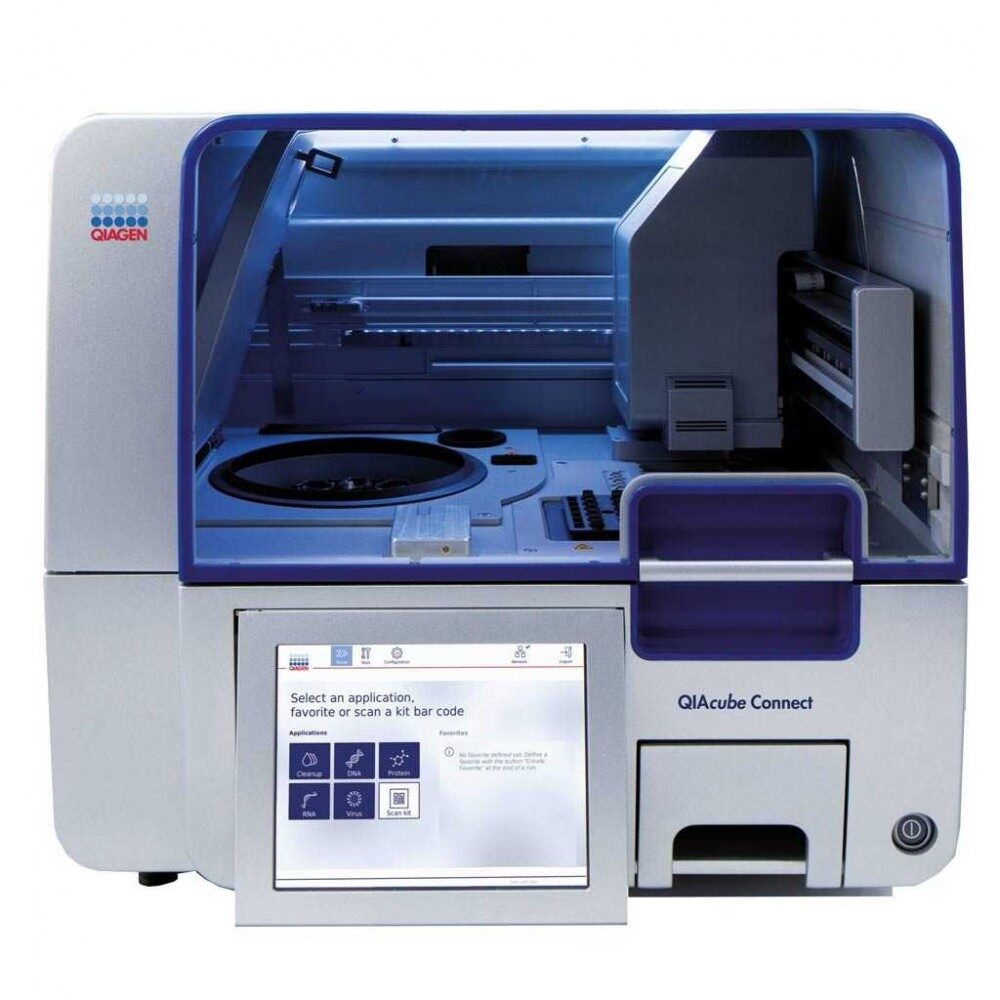
QIAcube Connect
For automated purification of DNA, RNA, and proteins.
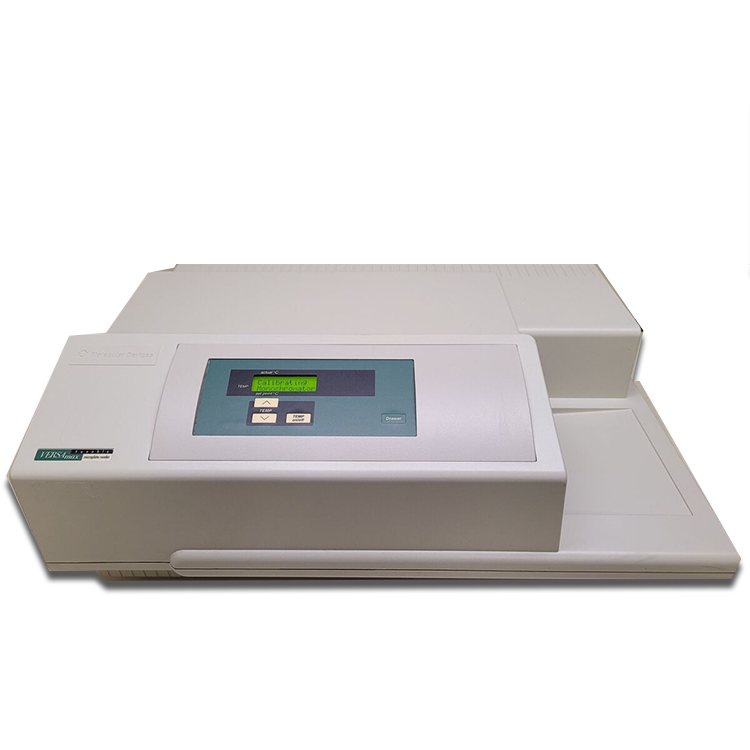
VERSAmax Plate Reader: ELISA
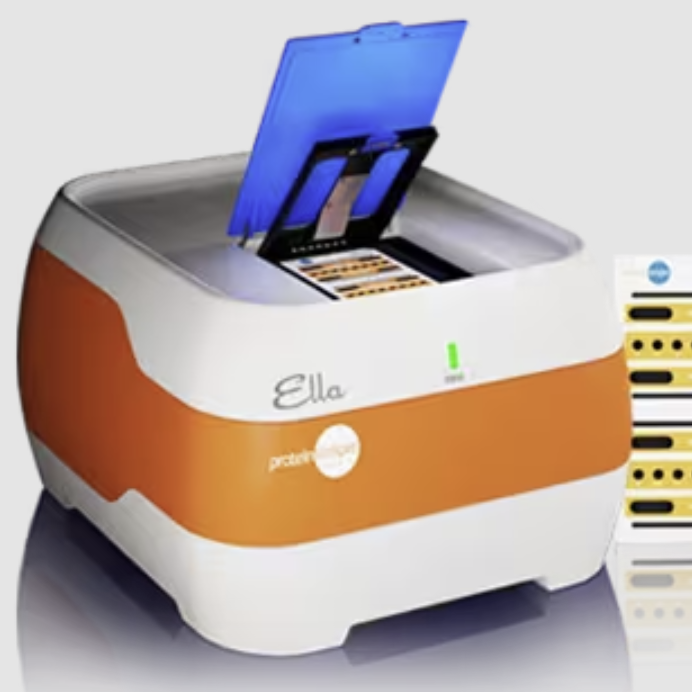
ELLA
Automated immunoassay with multiplexing capabilities.
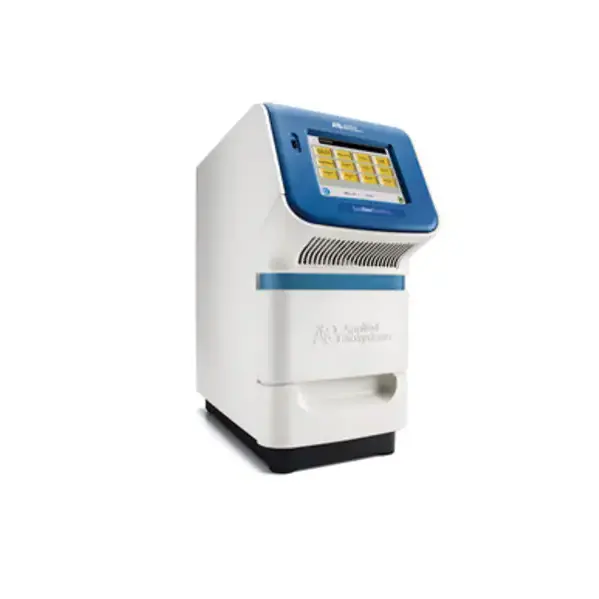
Step-One Plus RT-PCR
For SNP Genotyping and other genetic assays.
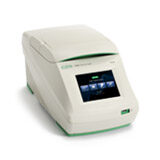
Bio-Rad Thermal Cycler
Standard PCR for gel genotyping.
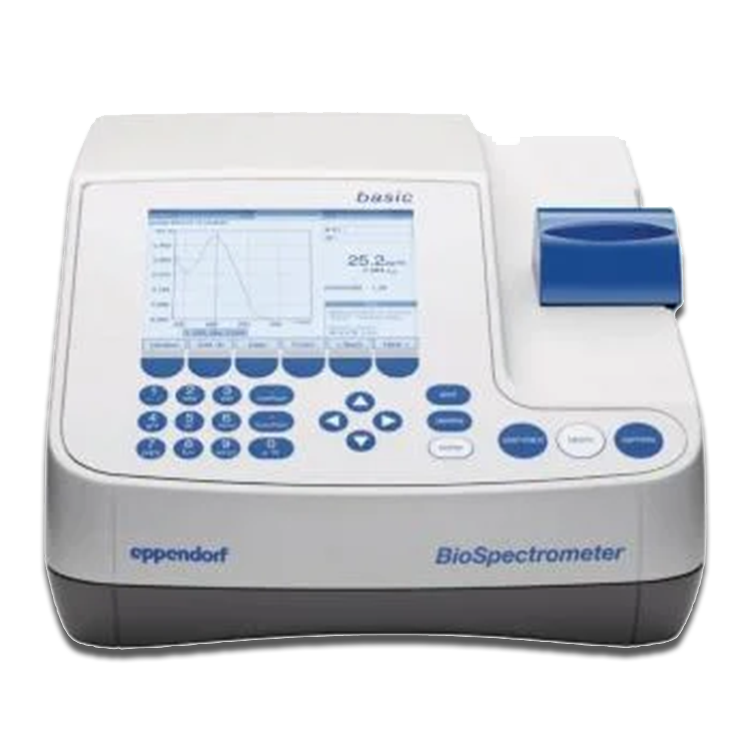
BioSpectrometer
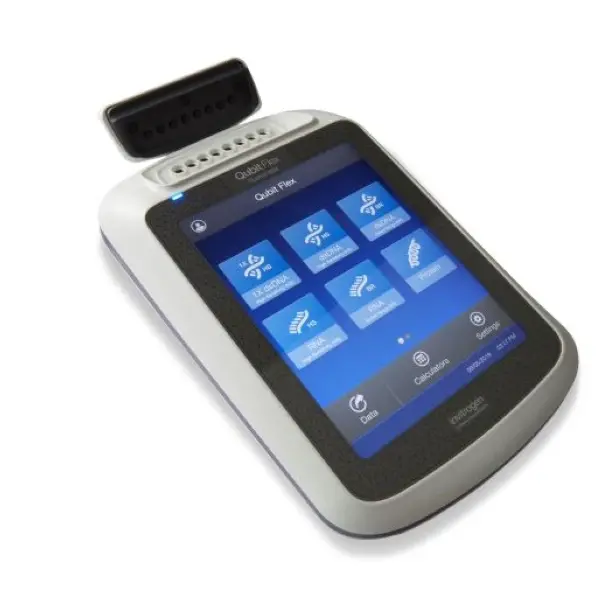
Qubit Flex Fluorometer
Accurately measures concentration of DNA, RNA, and Proteins in 8 samples simultaneously.
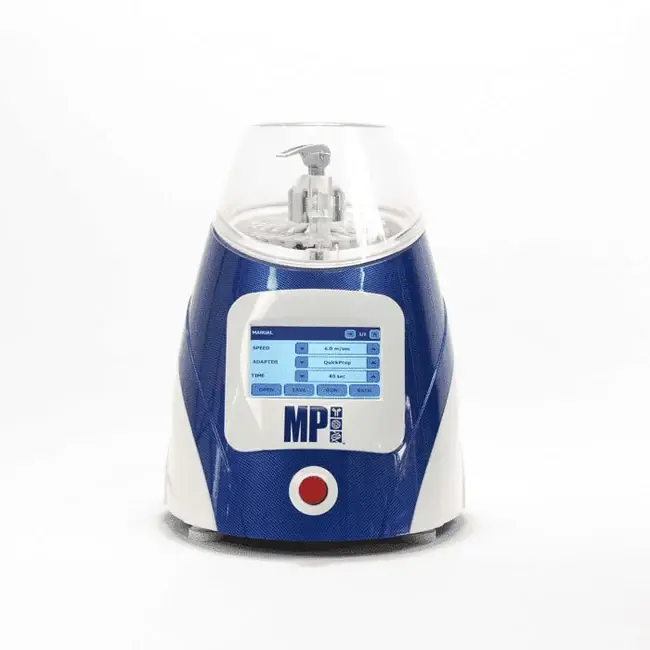
Fast-Prep-24 5G
Used for hair and nail cortisol extractions.
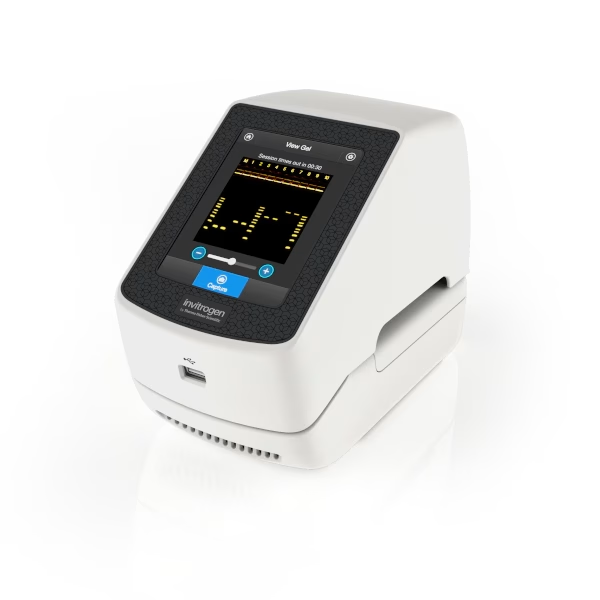
Invitrogen E-Gel Electrophoresis Device & Camera
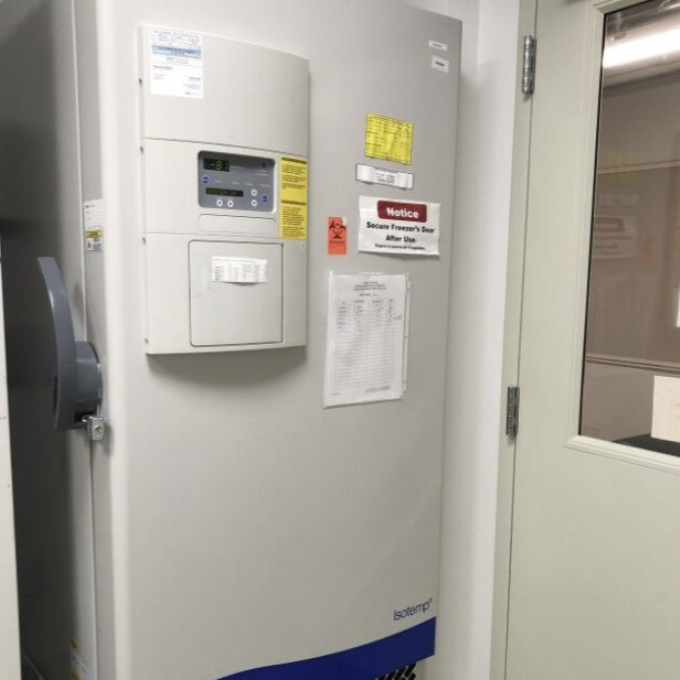
-80 Freezers
Short or long-term storage available.
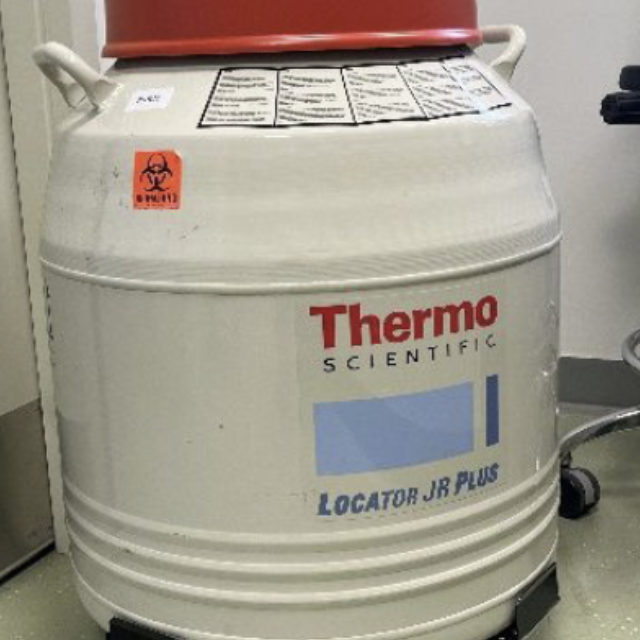
Liquid Nitrogen Cryotank